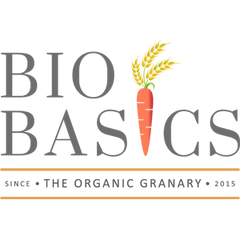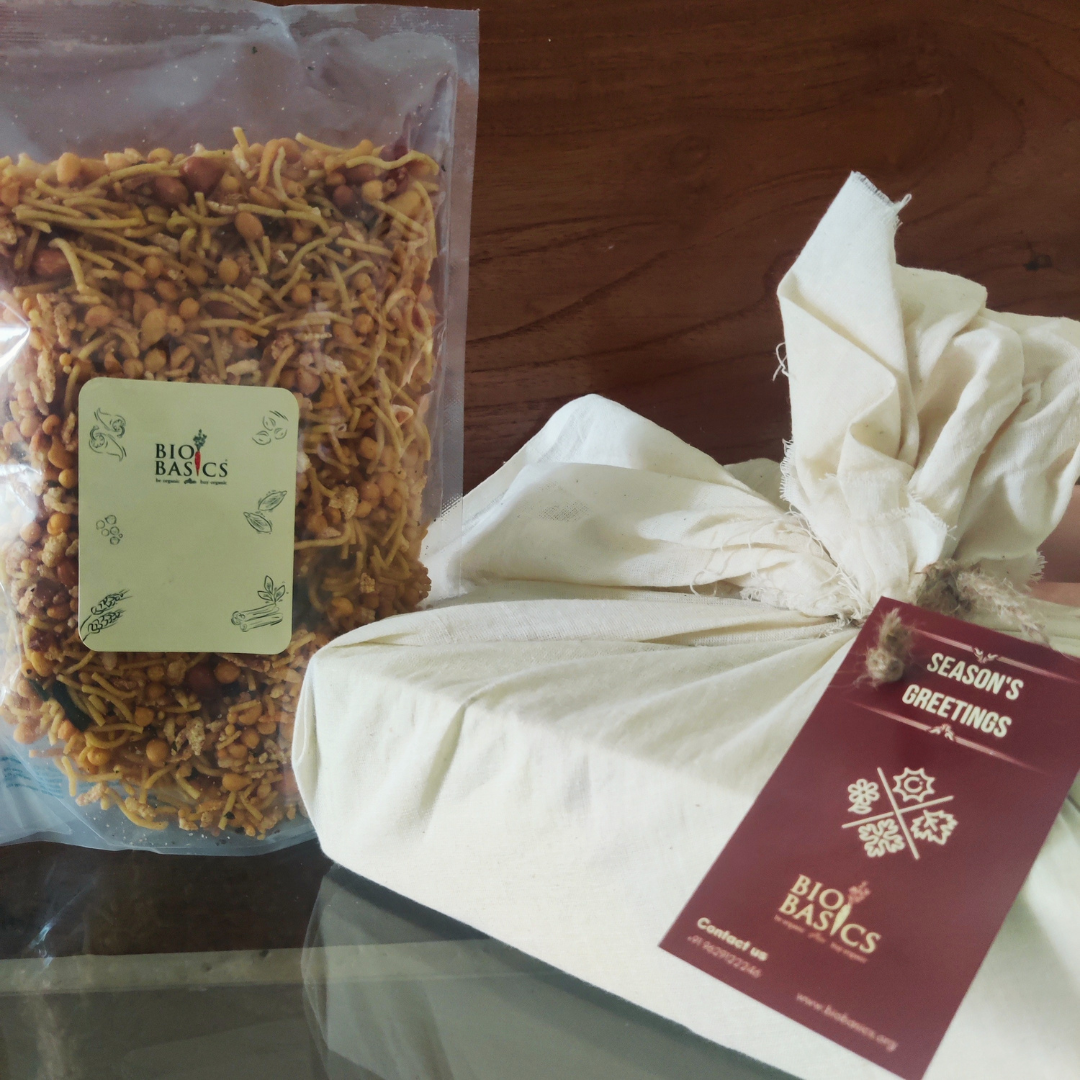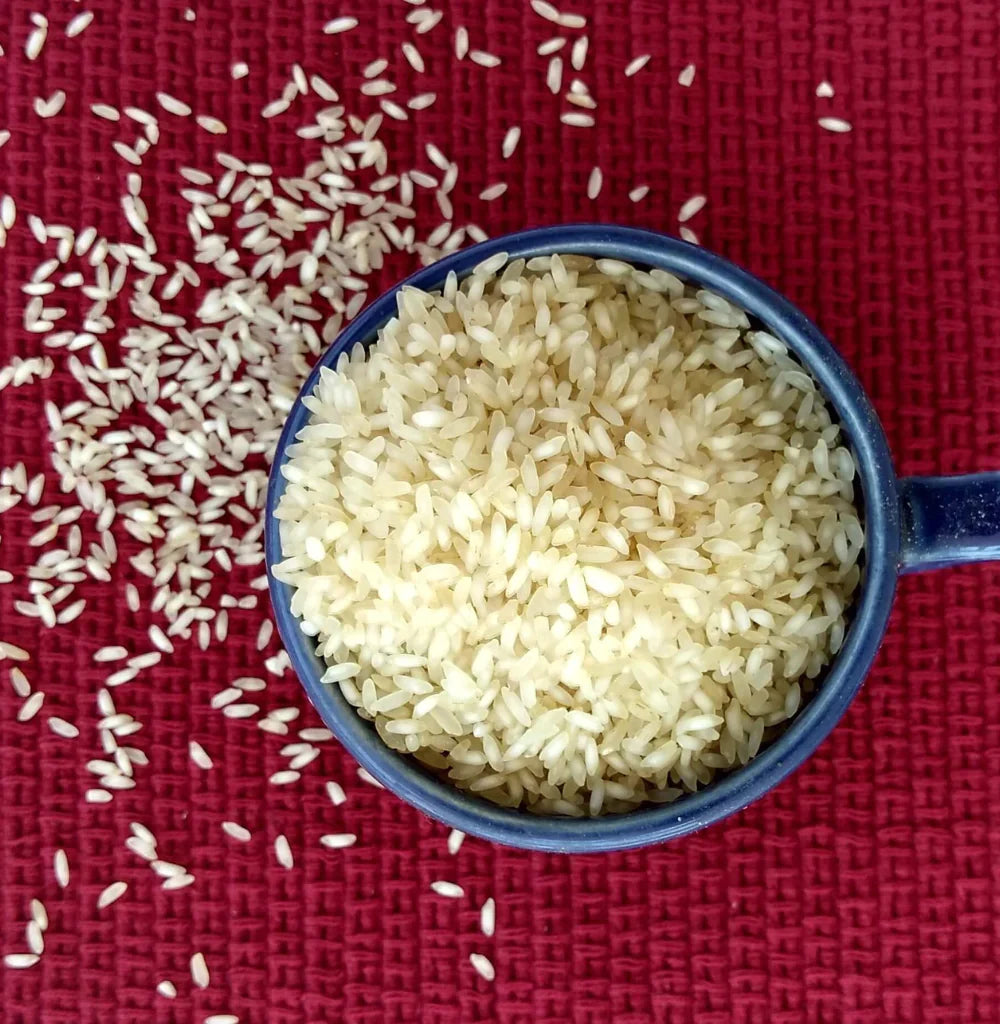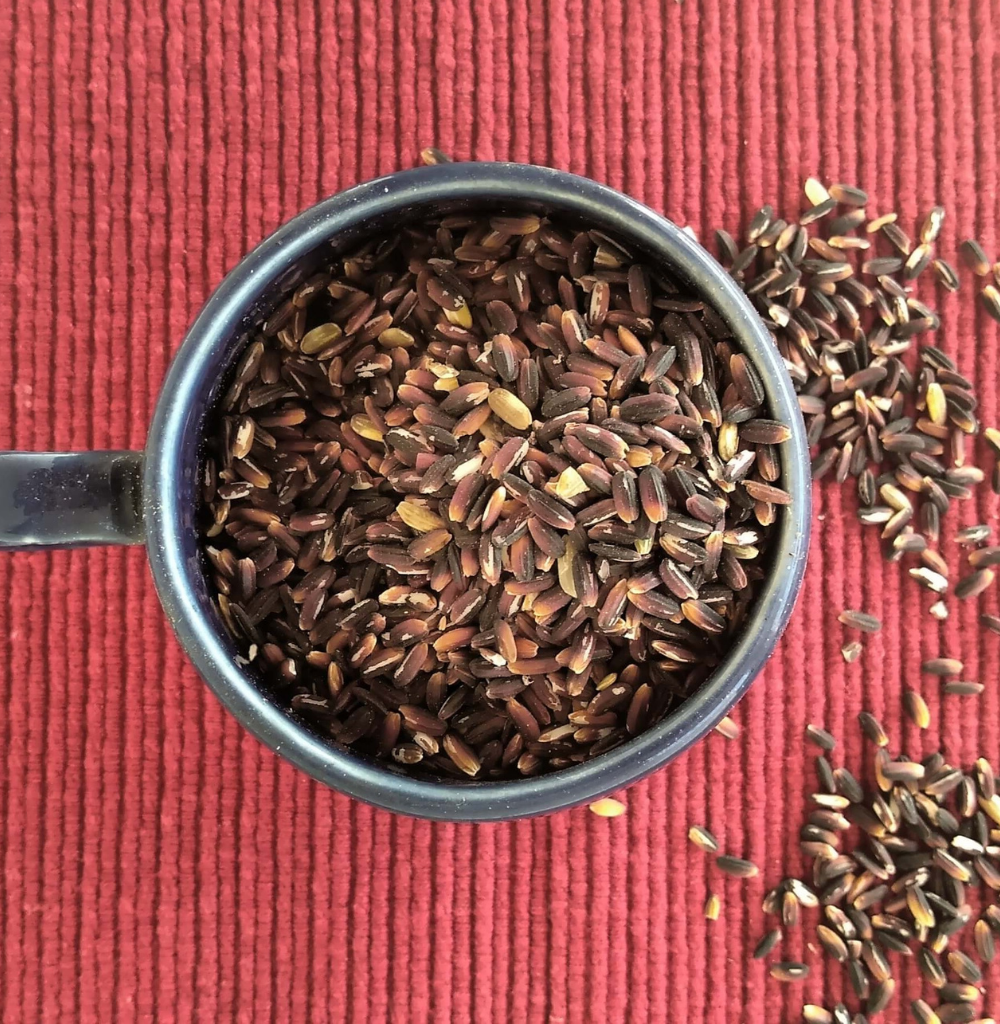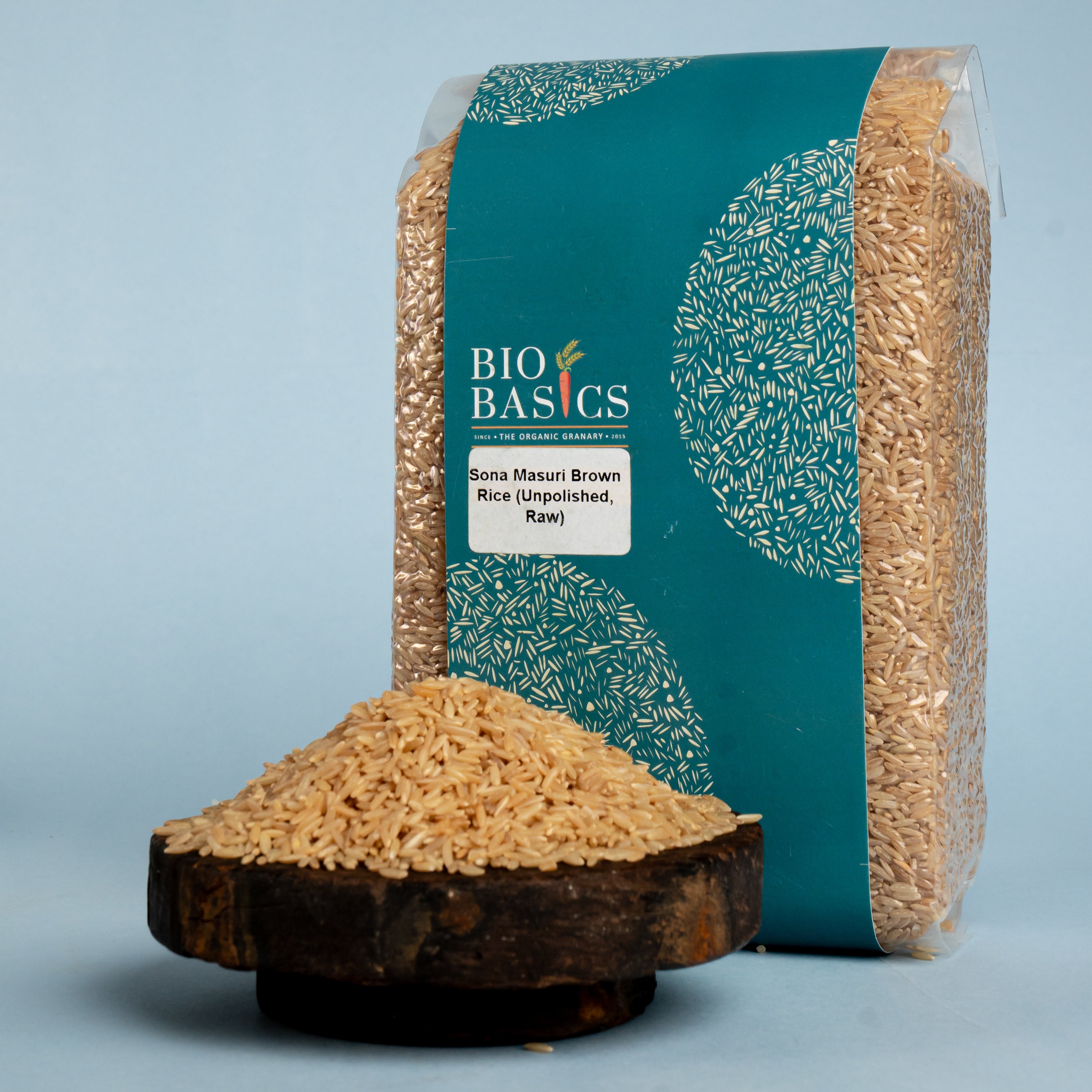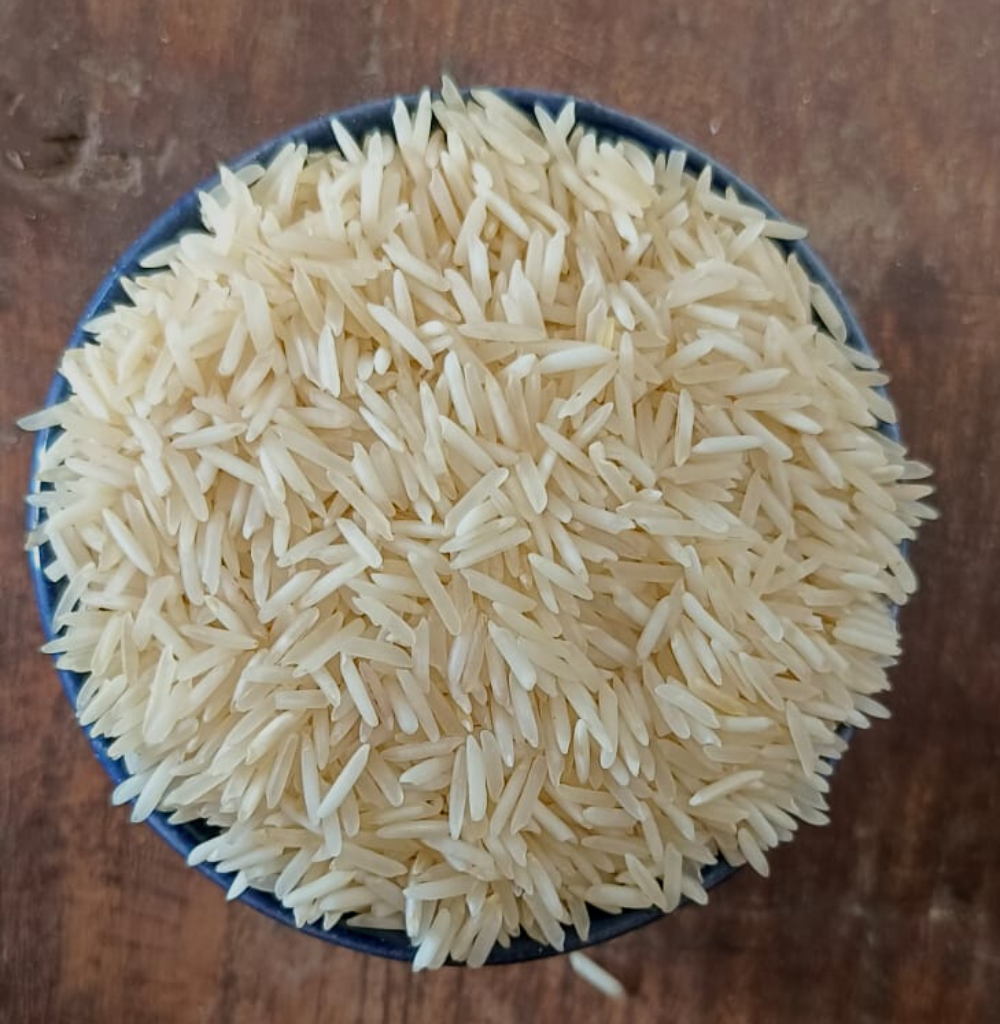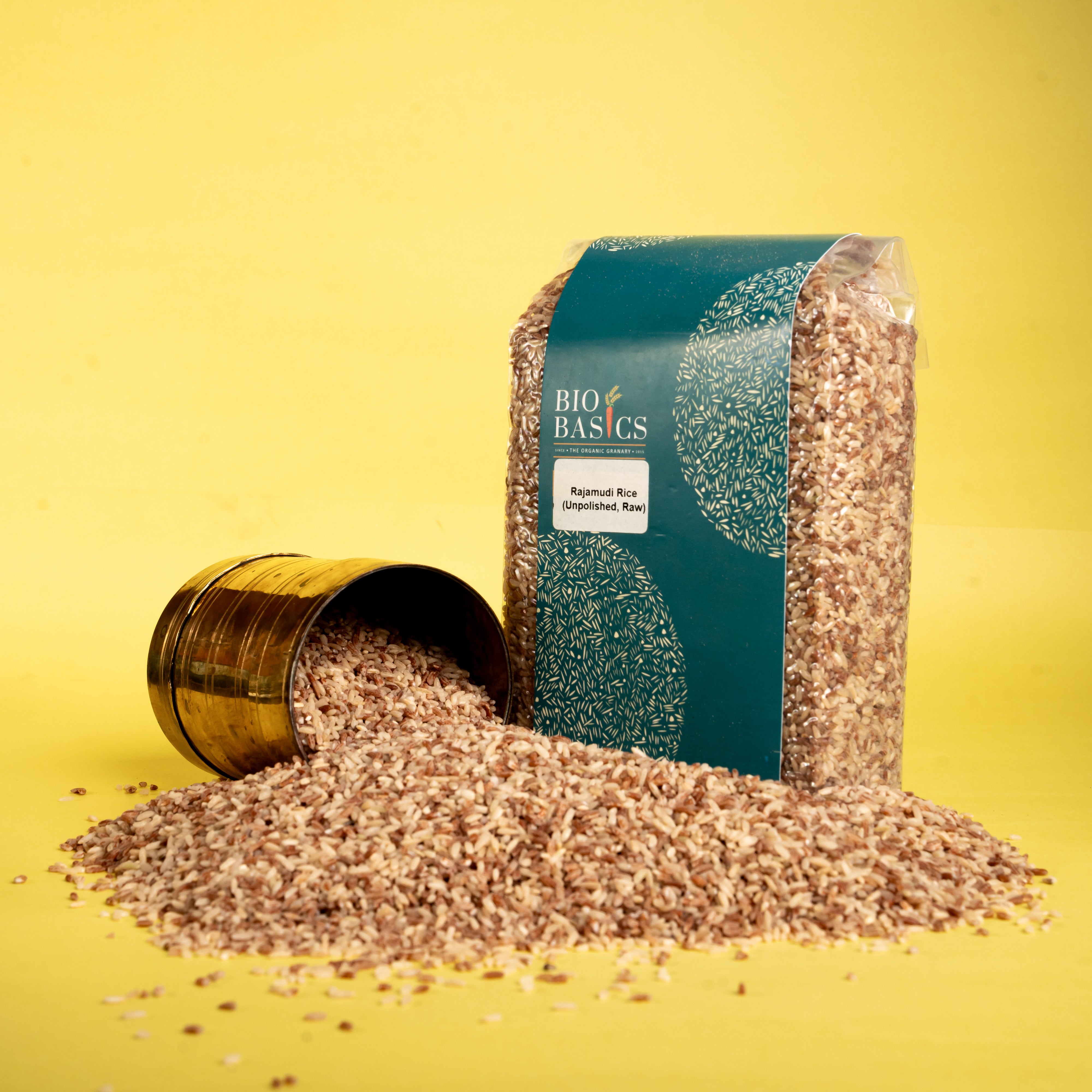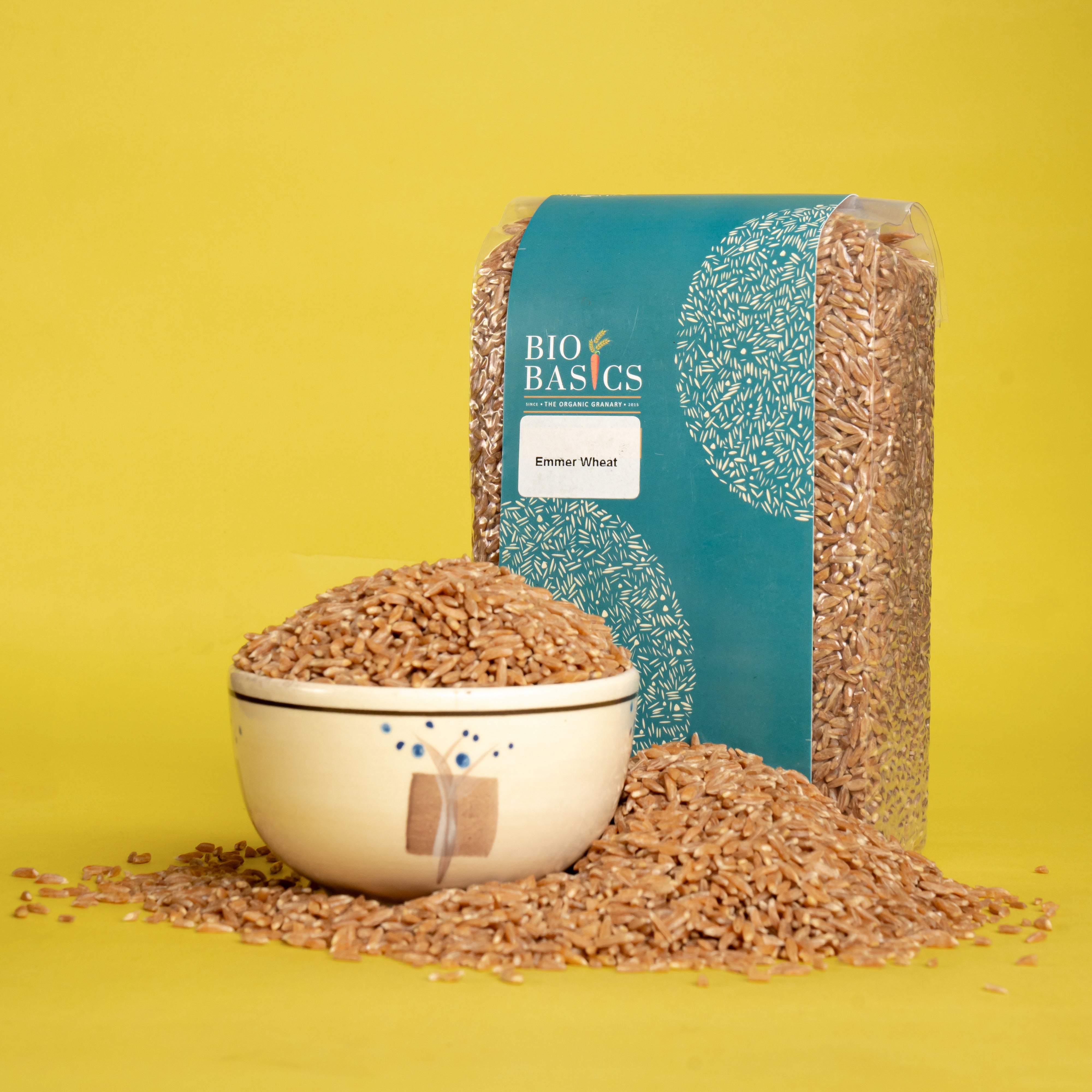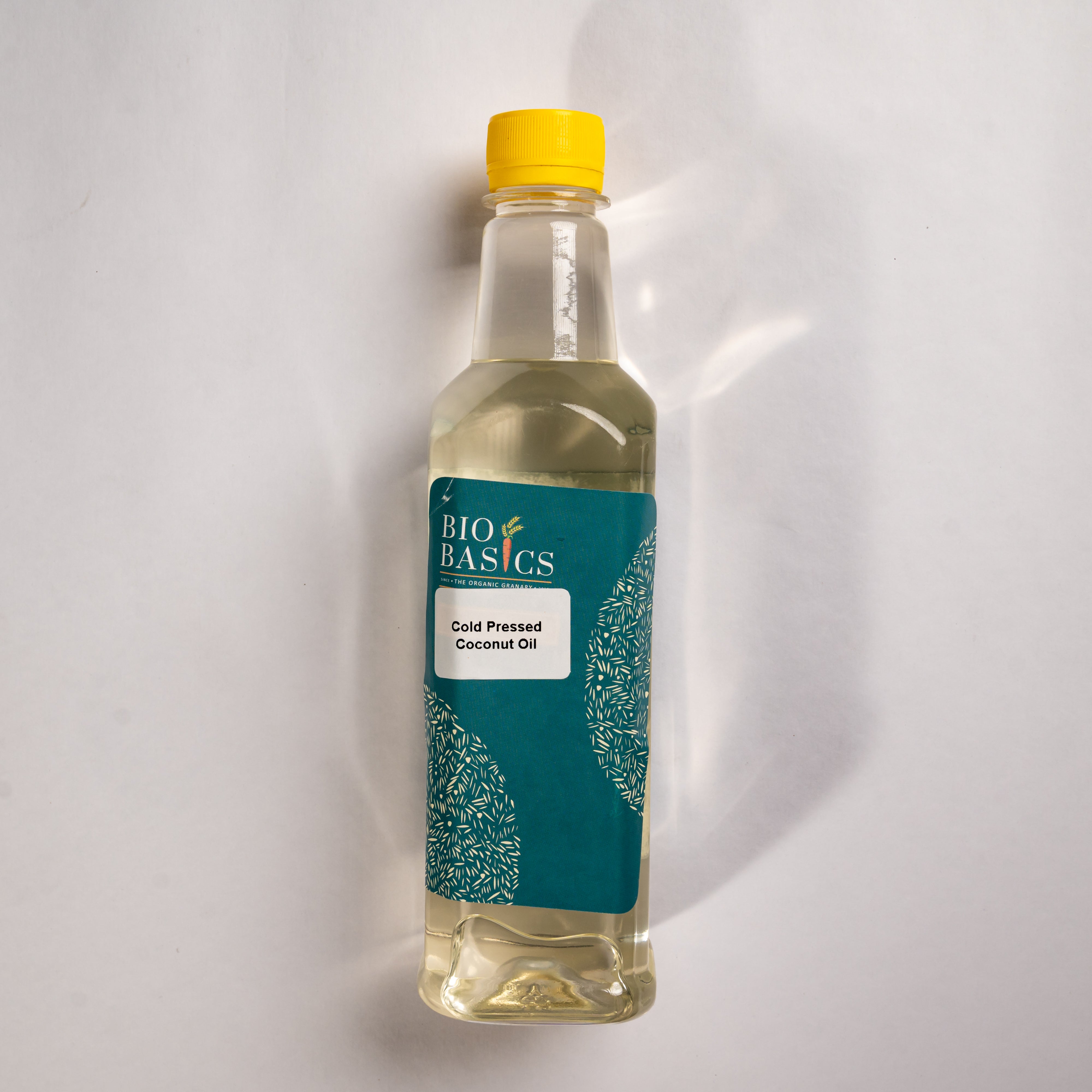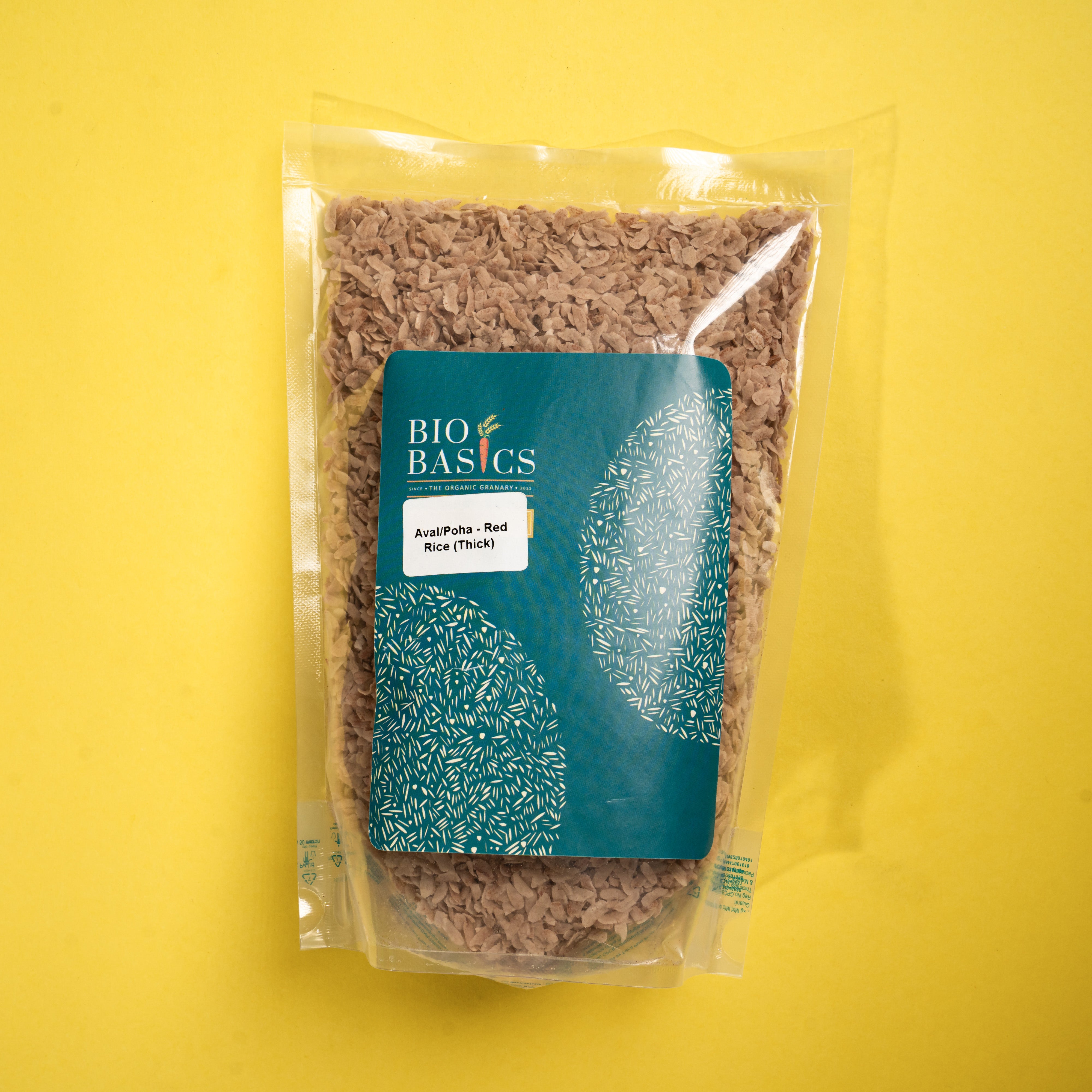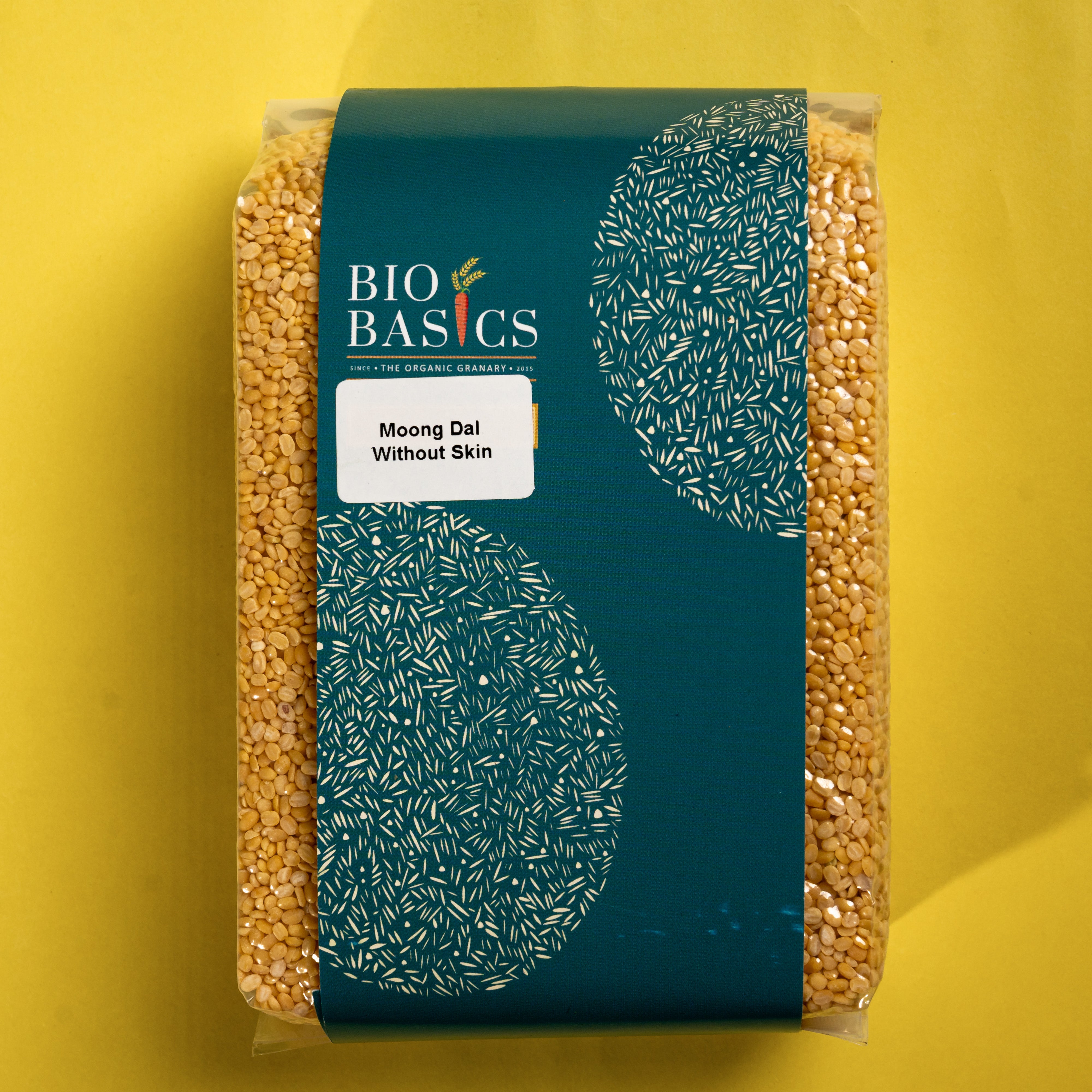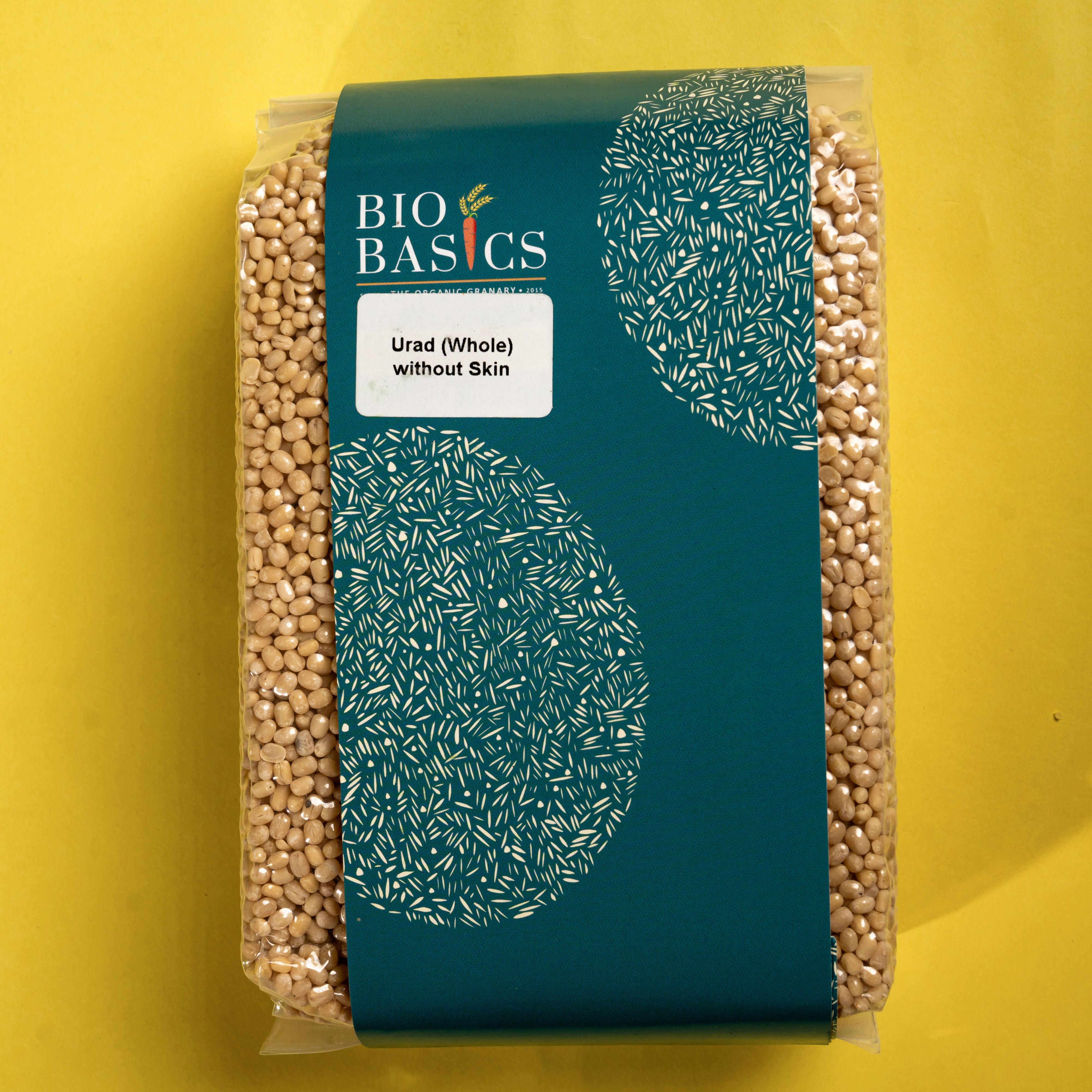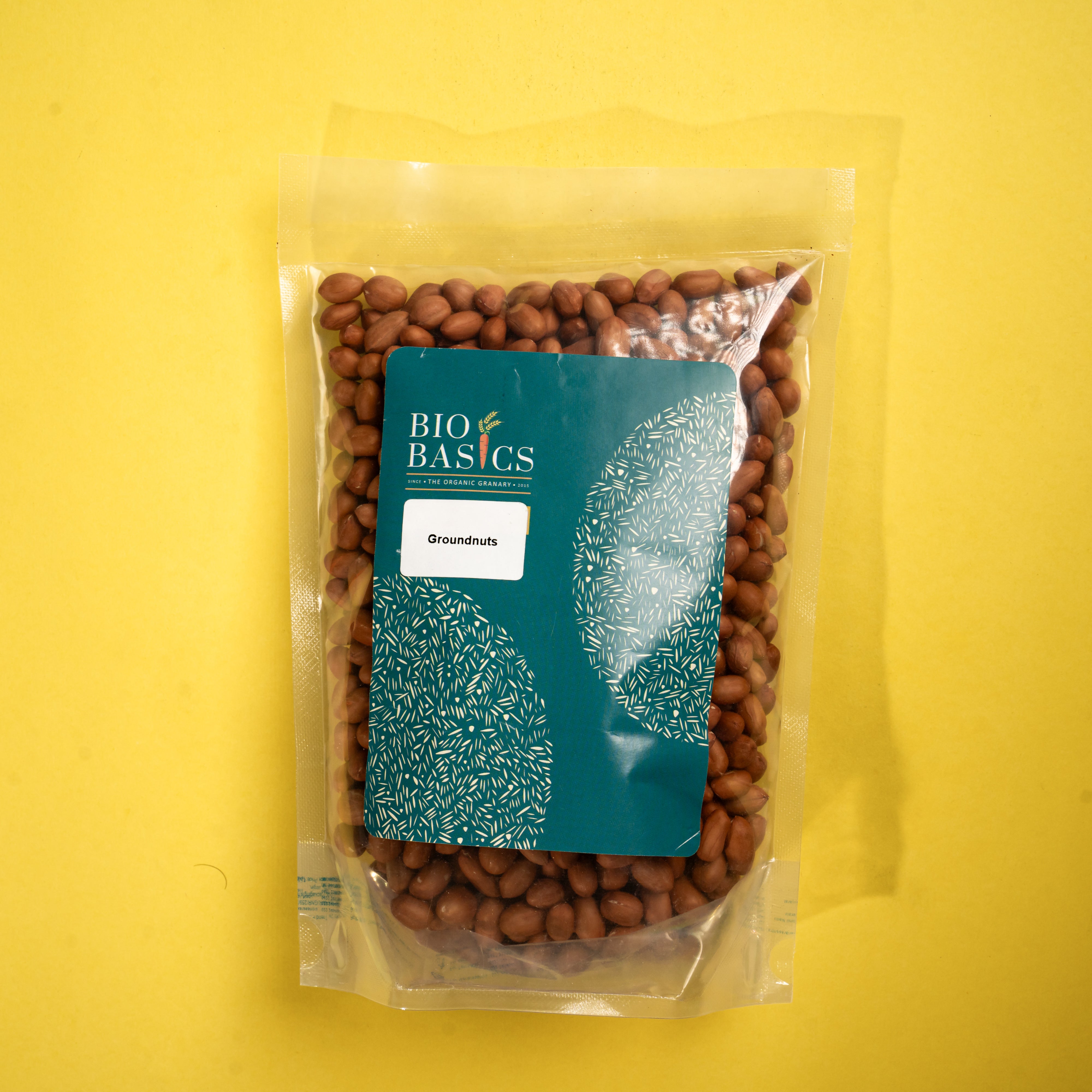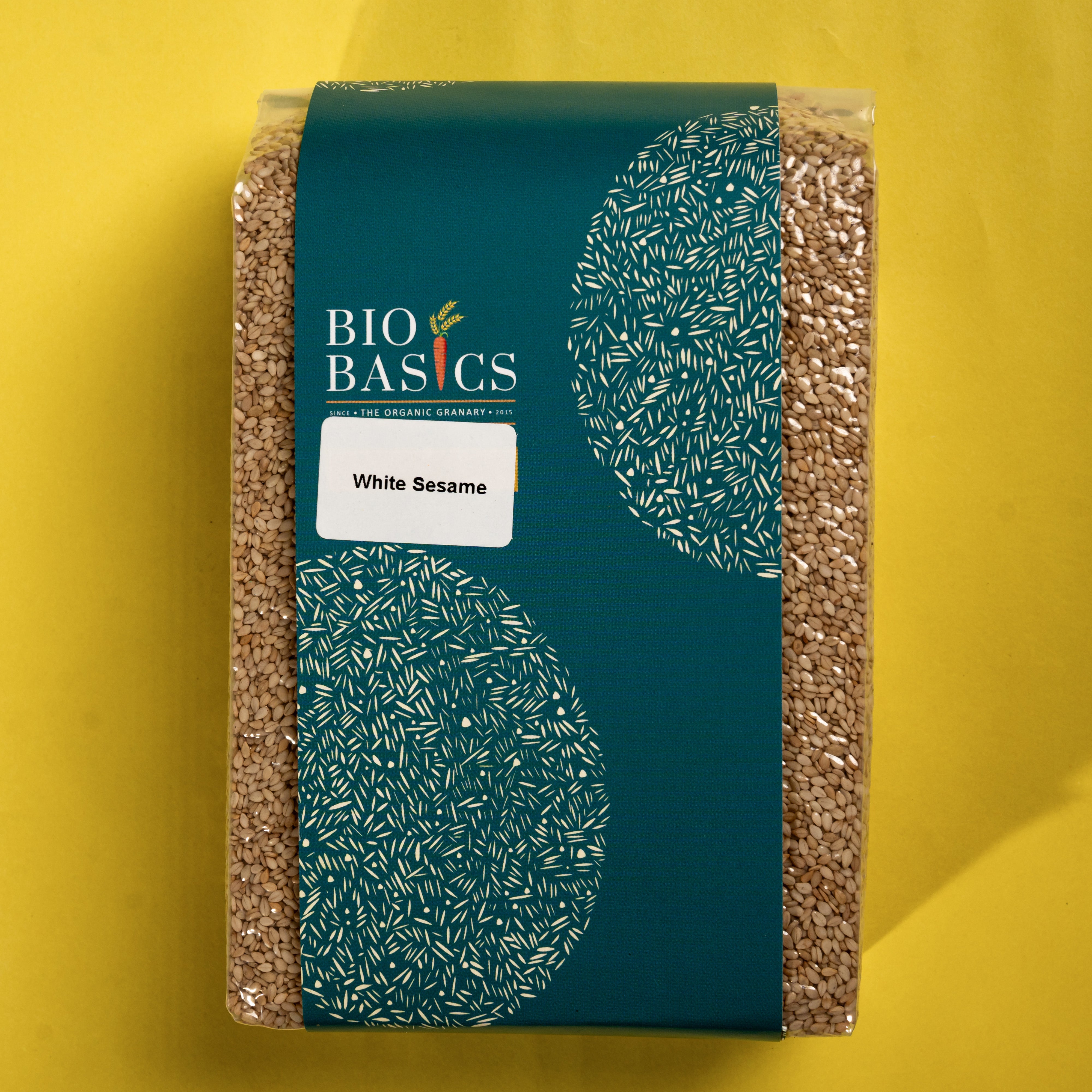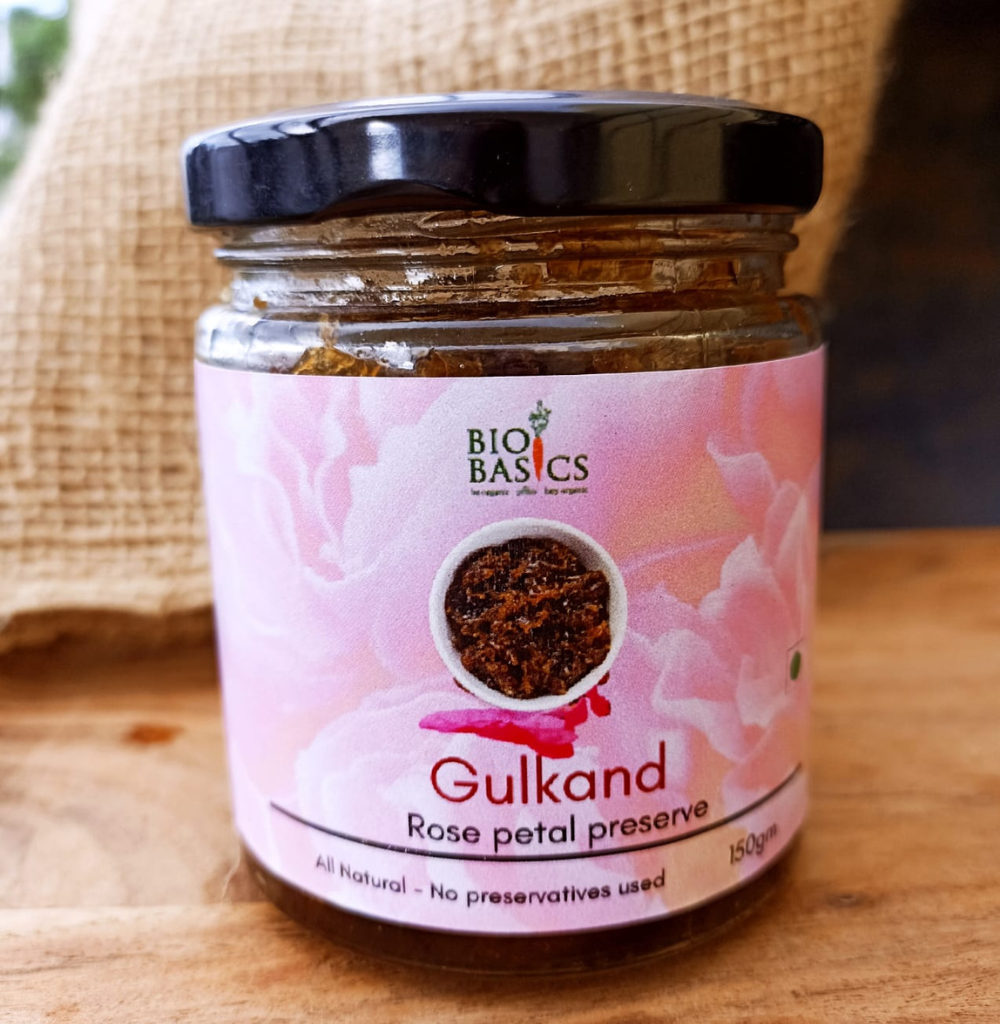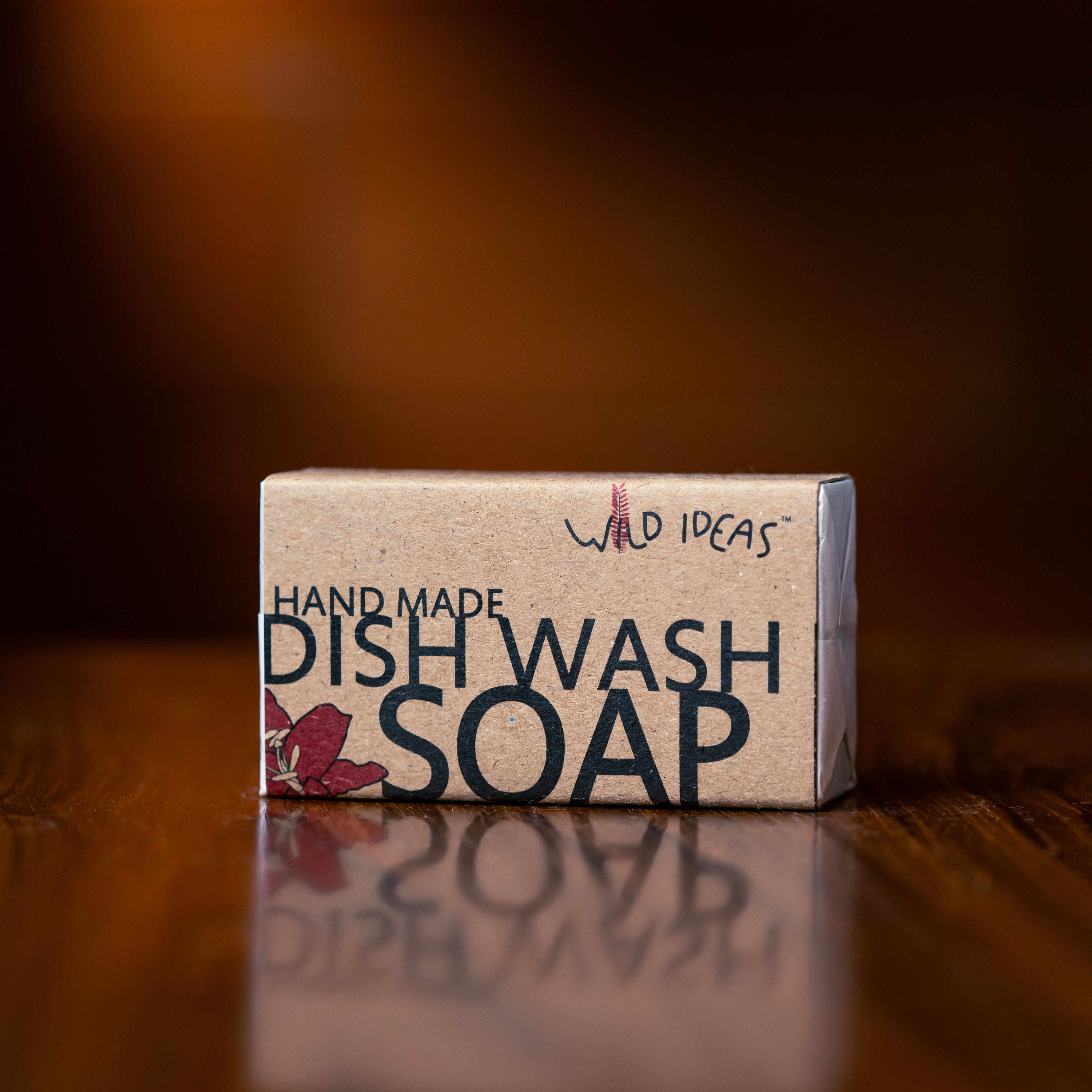What if the protein we think is most nutritious is in reality harmful to our health?
Pulses are an integral part of Indian cuisine. Almost every meal is adorned with pulses or lentils. Some of our favourite foods, like Sambaar from the South to Daal Makhni or Rajma from the North. From the idli/dosai of the South to the cheela of the North. The protein source of vegetarians. The staple of the masses. The Pulse of the people.

For centuries, Indians have been known to rely heavily on lentils. We are the largest consumer of pulses even today. Partly because animal protein was, and is even today, more expensive. India in effect survives on pulses as its main plant protein source.
But this is not true for just the body, but it is extremely critical for the soil. Almost all pulses are nitrogen fixing plants which help the soil recharge its nitrogen levels essential for other crops like rice and wheat. Hence the farming tradition of intercropping the lentil crop in between two rice or wheat crops.
Sadly, however, pulses have receded not only from the farms, but also from our food. As the consumers move more toward animal sources of protein, such as dairy, eggs, fish and meat, and now increasingly, towards artificial (or at least non traditional) source of protein in the form of supplements, powders and such (more of these to emerge from various laboratories in the near future!!), the farmers have given up on cultivating pulses on their fields, because of cheaper imports from Canada, South America and Africa. It is simply not worth the cost incurred by the Indian farmer.
So how do we meet the domestic demand of pulses? Imports. We are now not only the largest consumer of lentils in the world, but also the largest importer of it.
So much for food security and food sovereignty!
Shiploads of pulses cross the oceans in containers highly chemically fumigated to increase the shelf life, to keep them safe for consumption after months on sea. And this is just to reach the Indian shores. Then follows the long supply chain from the importers to the traders and wholesalers to retailers, until we buy it from our favourite superstore next to our house.
Our humble daal is truly foreign returned today!
This is definitely not good for our health.

But if our farmers don't grow pulses anymore, our soil will continue to suffer, relying on synthetic chemicals for nitrogen, and then finally, losing what matters to all of us the most - the soil fertility to grow other staple crops. This is just the beginning of the road to losing control over our food sources.
Happily, not all is lost. Many Bio Basics consumers choose organic pulses, thereby supporting local farmers to grow what grows best in their respective regions.
We at Bio Basics hope more consumers will join this trend, keeping our food free from chemicals, our environment free from chemicals, and our food security from irrecoverable loss.
Can you feel the Pulse of the Nation? The Pulse of the People?
You decide.
